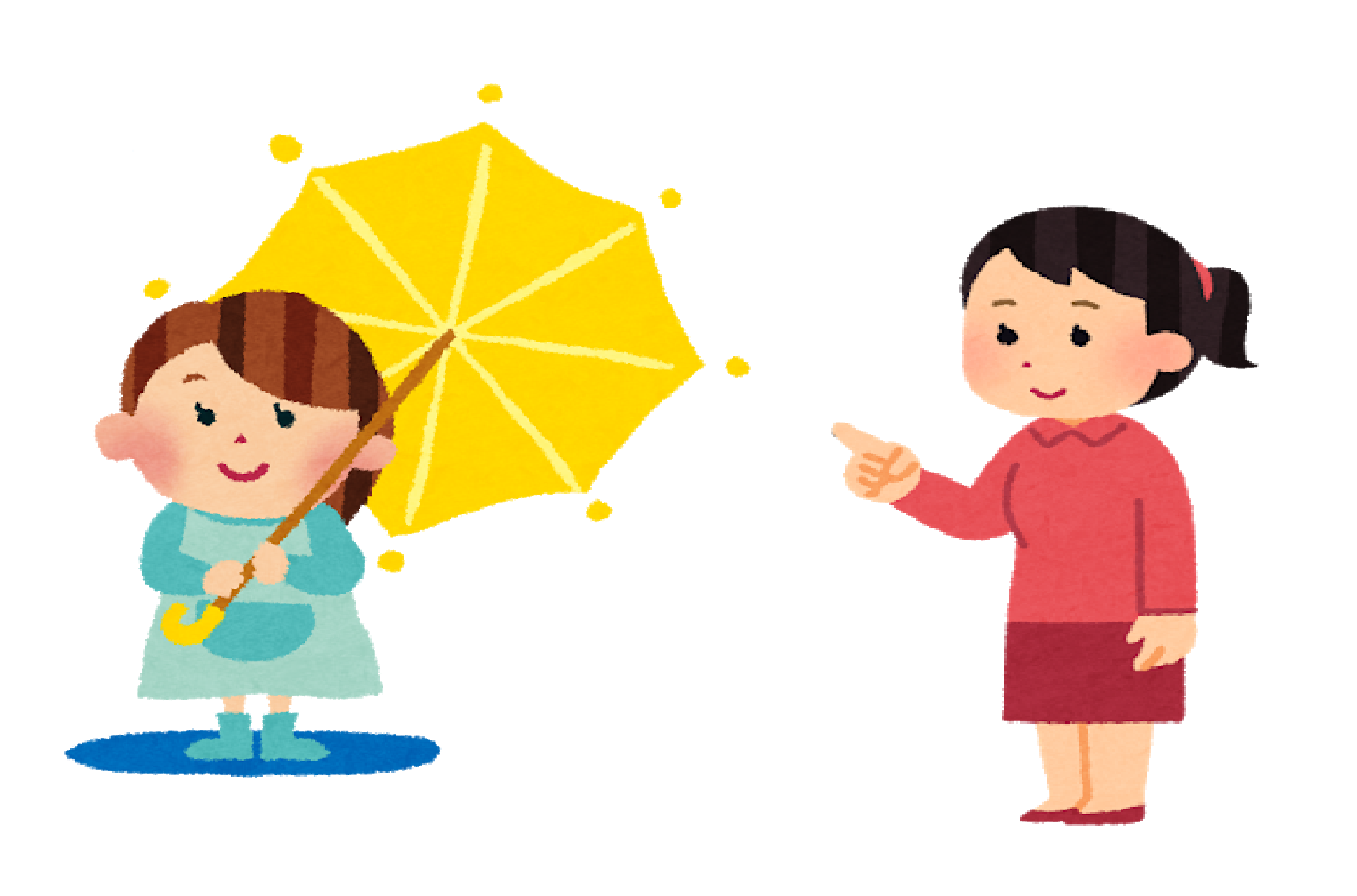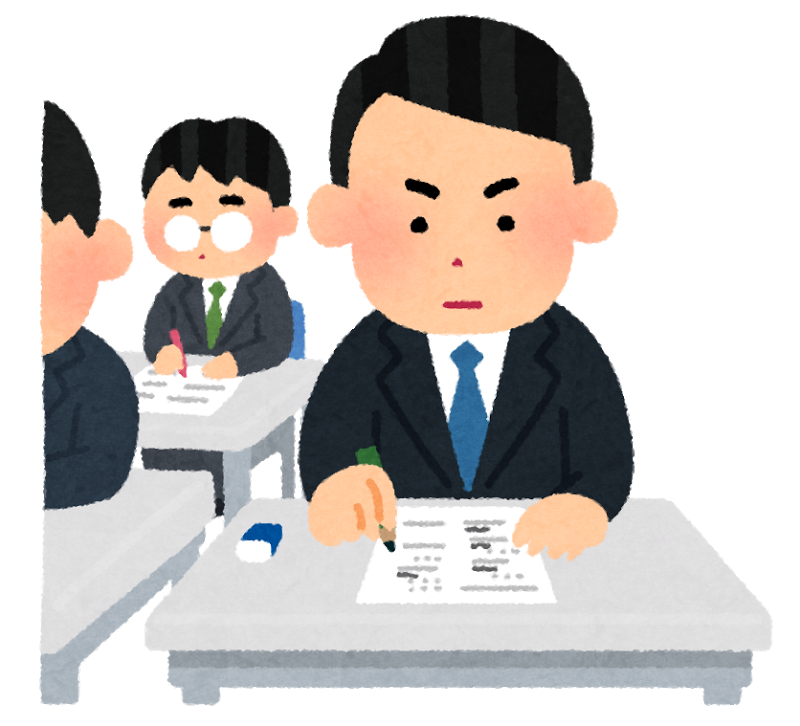INTRODUCING SOMETHING
Let’s read!
読んでみましょう!

This is my umbrella.
これは私の傘です。
My umbrella is big.
私の傘は大きいです。
My umbrella is color yellow.
私の傘は黄色です。
これは私の傘です。
My umbrella is big.
私の傘は大きいです。
My umbrella is color yellow.
私の傘は黄色です。
READ

That is your umbrella.
あれはあなたの傘です。
Your umbrella is big.
あなたの傘は大きいです。
Your umbrella is color yellow.
あなたの傘は黄色です。
あれはあなたの傘です。
Your umbrella is big.
あなたの傘は大きいです。
Your umbrella is color yellow.
あなたの傘は黄色です。
INTRODUCING SOMETHING
Your tutor will describe his/her book. Complete the sentences according to what he/she said.
講師が本について説明しますので、それをもとに、文章を埋めてみましょう。
This is my ____________.
これは私の_______ です。
My _________ is ________.
私の_______ は_______ です。
My _________ is ________.
私の_______ は_______ です。
これは私の_______ です。
My _________ is ________.
私の_______ は_______ です。
My _________ is ________.
私の_______ は_______ です。
ANSWER
That is your __________.
あれはあなたの_______ です。
Your _______ is __________.
あなたの_______ は_______ です。
Your _______ is __________.
あなたの_______ は_______ です。
あれはあなたの_______ です。
Your _______ is __________.
あなたの_______ は_______ です。
Your _______ is __________.
あなたの_______ は_______ です。
GRAMMAR
Let’s name the things these people own. Please read after me.
人々が持っているものを当ててみましょう。そして私のあとに続いて読んでみましょう。
READ

This is my piano.
これは私のピアノです。 My piano is long. 私のピアノは長いです。 My piano is heavy. 私のピアノは重いです。 |

That is your piano.
あれはあなたのピアノです。 Your piano is long. あなたのピアノは長いです。 Your piano is heavy. あなたのピアノは重いです。 |

This is my laptop.
これは私のパソコンです。 My laptop is new. 私のパソコンは新しいです。 My laptop is beautiful. 私のパソコンはきれいです。 |

That is your laptop.
あれはあなたのパソコンです。 Your laptop is new. あなたのパソコンは新しいです。 Your laptop is beautiful. あなたのパソコンはきれいです。 |

This is my book.
これは私の本です。 My book is color green. 私の本はみどり色です。 My book is thick. 私の本は厚いです。 |

That is your book.
あれはあなたの本です。 Your book is color green. あなたの本はみどり色です。 Your book is thick. あなたの本は厚いです。 |
GRAMMAR
Tell me what things these people own. Complete the sentences.
人々が何を持っているか答えましょう。
ANSWER

This is my ________ .
これは私の_______ です。 |

That is your ________ .
あれはあなたの_______ です。 |

This is my ________ .
これは私の_______ です。 |

That is your ________ .
あれはあなたの_______ です。 |

This is my ________ .
これらは私の_______ です。 |

That is your ________ .
あれらはあなたの_______ です。 |







 We are writers.
We are writers.





 It is a notebook.
It is a notebook. It is a school uniform.
It is a school uniform.